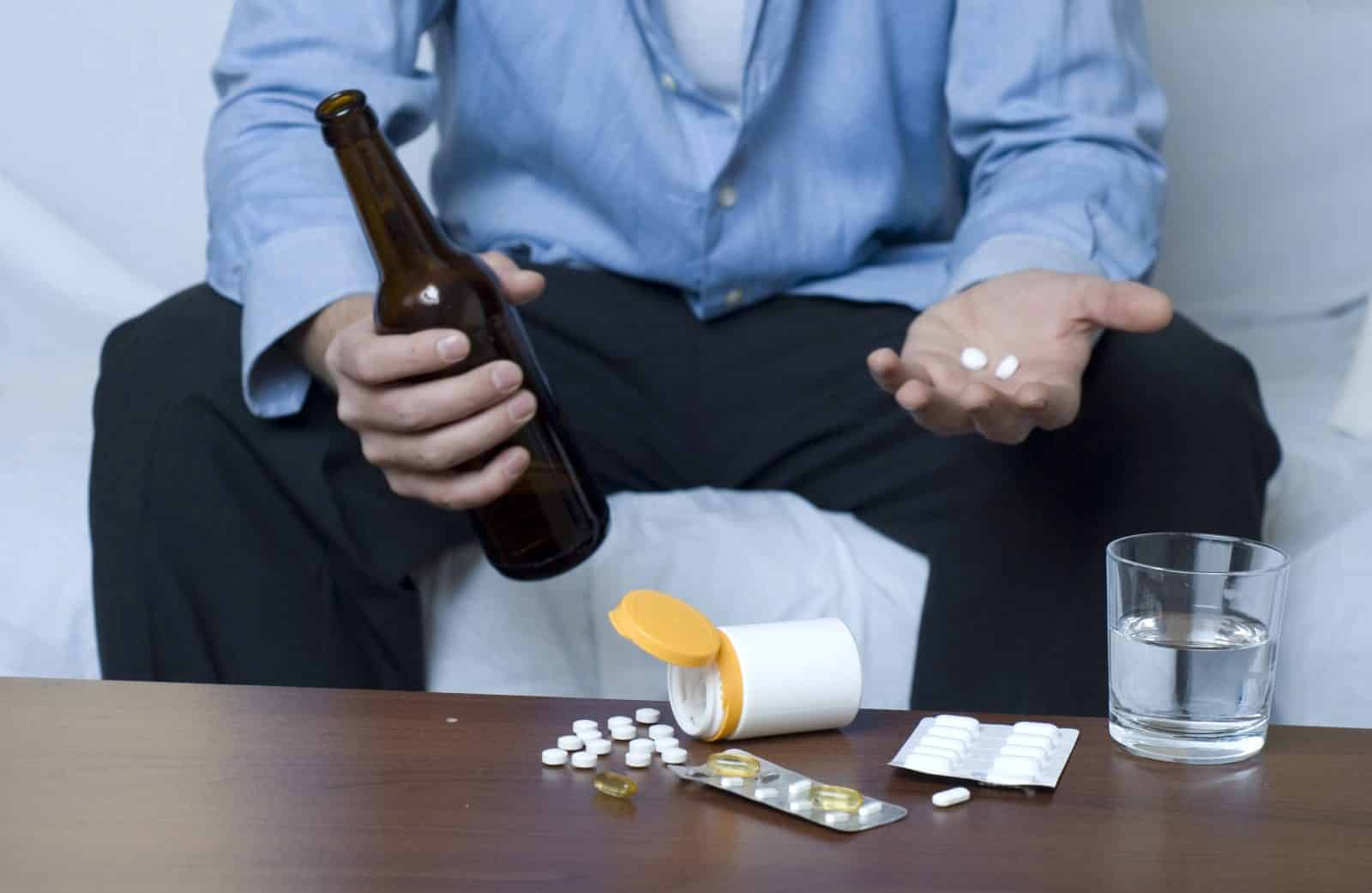For anyone facing addiction, each day can feel like a mountain to climb. Recovery isn’t just about avoiding a certain substance or behavior; it’s about creating a lifestyle that supports healing, resilience, and growth. The good news?
Managing addiction daily is achievable with practical, science-backed strategies. These steps can help make recovery a part of everyday life, allowing for progress one small step at a time.
Here are some practical tips designed to make managing addiction a realistic and rewarding part of each day.
1. Build a Simple Routine and Stick to It
Creating a daily routine offers more than just structure—it provides a sense of stability, helping prevent old, harmful patterns from reemerging. Studies show that routines reduce stress and lower the chances of relapse.
Start with simple goals: try waking up at the same time every day or exercising for 10 minutes each morning. Filling your day with positive, predictable activities can reduce the urge to fall back into addictive behaviors.
2. Identify and Manage Your Triggers
Triggers—people, places, emotions, or even scents—can increase the desire to return to addictive behaviors. One effective strategy is to list these triggers and brainstorm ways to manage or avoid them.
For example, if certain social settings trigger cravings, plan alternative activities or rehearse healthy responses. Research shows that mentally practicing these responses beforehand can reduce a trigger’s impact when it does happen.
3. Use Mindfulness to Stay in the Moment
Mindfulness—staying present and aware without judgment—is a powerful tool for managing addiction daily. Often, addictive behaviors happen on “autopilot,” without conscious thought. By practicing mindfulness techniques like meditation, deep breathing, or even taking a moment to pause when you feel a craving, you can create a space to consider your actions.
This small pause can make a big difference, allowing you to choose a healthier option. Start with five minutes a day to focus on your breathing and experience the benefits of being fully present.
4. Surround Yourself with Supportive People
Recovery is difficult to face alone, and a strong support network can be crucial for long-term success. Studies show that people with robust support systems are more likely to maintain sobriety.
Don’t hesitate to reach out to friends, family, or support groups that understand and encourage your journey. If in-person support is tough to find, online groups and forums are often available 24/7, offering connection and understanding. Knowing you’re not alone can make each day feel more manageable.
5. Create New, Healthy Habits
Replacing old habits with new, positive ones can help fill the gaps left by addiction. When a craving hits, try redirecting your energy to something you enjoy or find productive—whether it’s drawing, journaling, cooking, or going for a walk.
Physical activities, in particular, can boost endorphins—your body’s natural feel-good chemicals—which may help reduce cravings. These new activities don’t have to be perfect; they’re simply steps toward building a healthier lifestyle.
6. Celebrate Small Wins
Every day spent managing addiction successfully is an achievement. Acknowledge these small wins, whether it’s a day without cravings or taking a positive step toward recovery. Reward yourself in healthy ways, like watching a favorite show, taking a scenic walk, or treating yourself to something small but meaningful.
Celebrating these victories reinforces positive behavior and provides motivation to keep moving forward.
7. Plan for High-Risk Situations
There will be moments when you face high-risk situations—places or events that bring up strong triggers. Prepare a “safety plan” with simple steps to follow if you feel overwhelmed.
This might include calling a supportive friend, using a pre-planned excuse to leave, or practicing grounding techniques like deep breathing. Having a plan in place can help you feel more in control, even in challenging situations.
Recovery is a journey, not a single destination, and every positive step forward brings growth. By implementing these practical tips, managing addiction daily can become a natural and fulfilling part of your life. With mindfulness, healthy habits, and the support of others, you’re building a life where addiction has less space to thrive.
Recommended – How Your Brain Experiences Addiction














